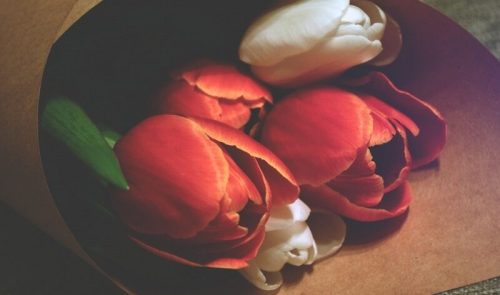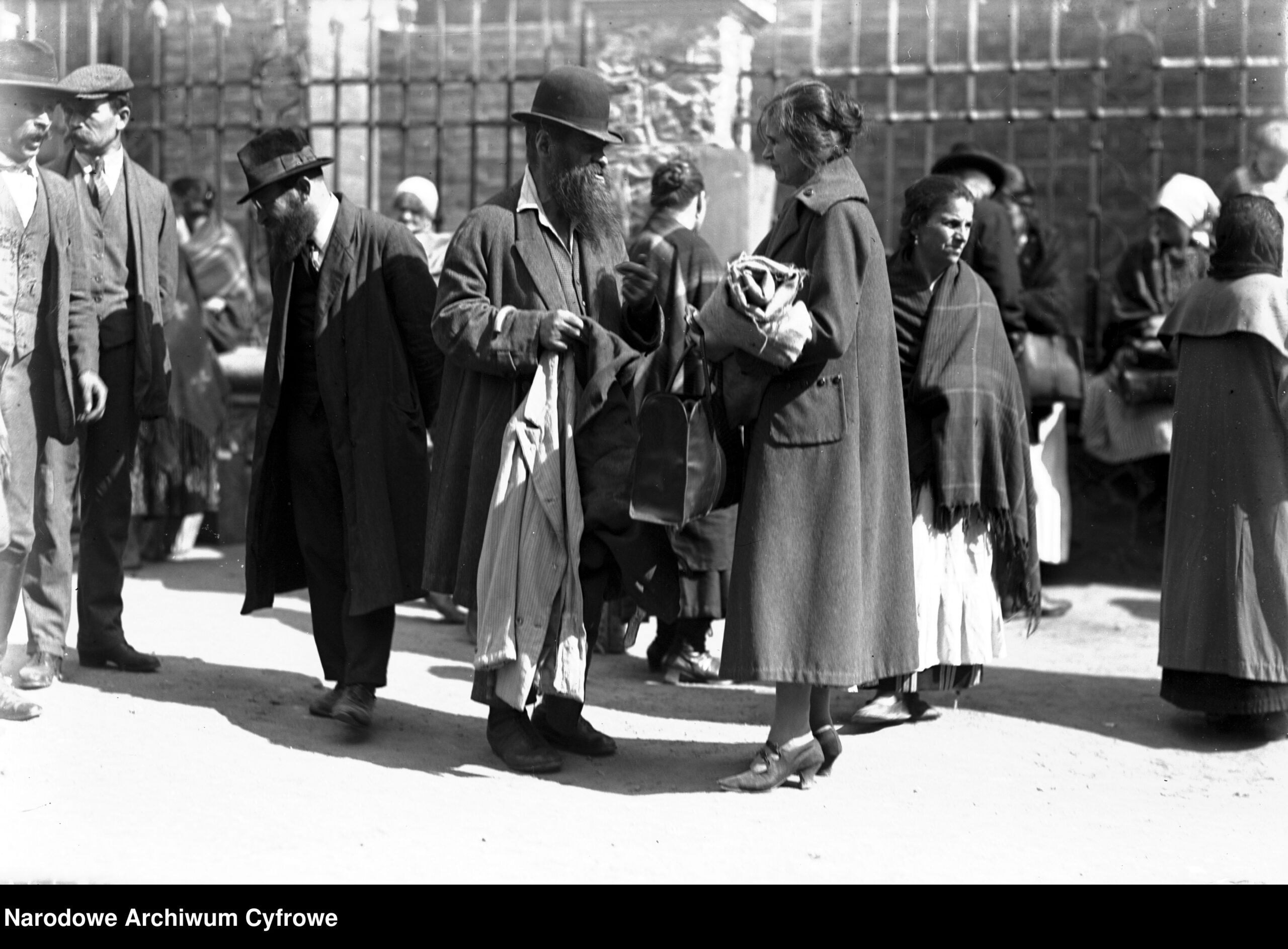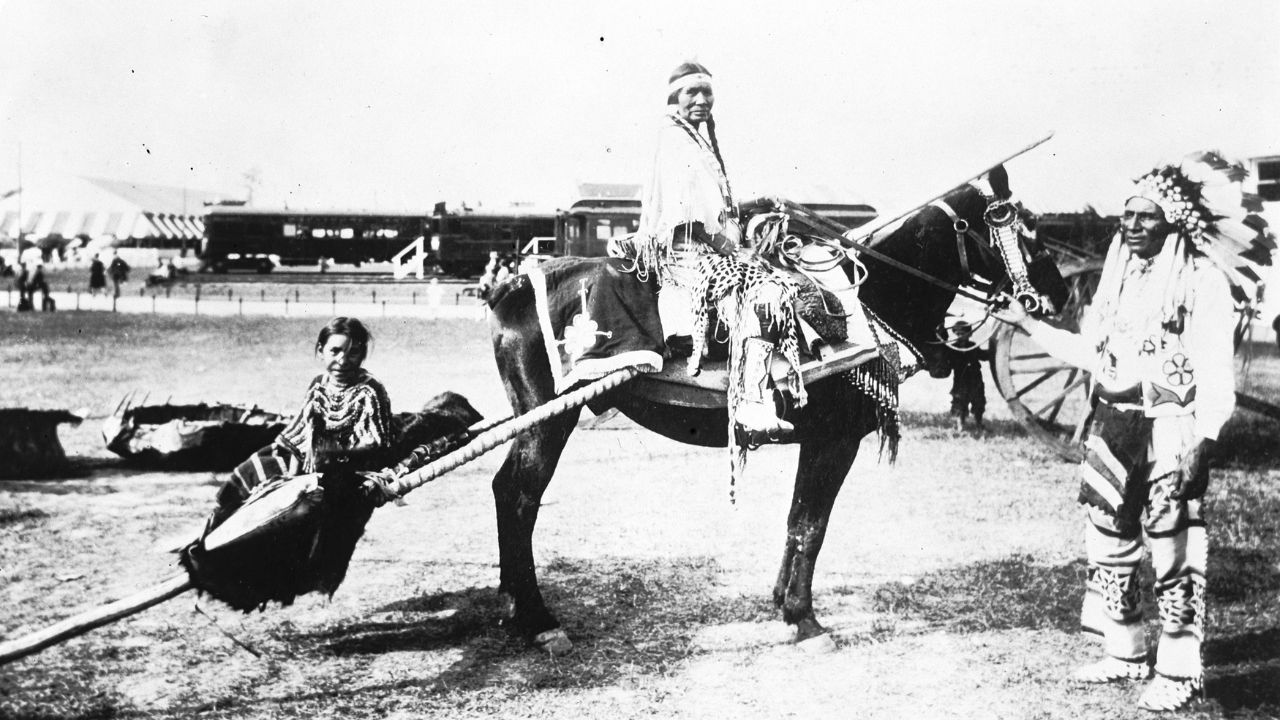
Women’s Day in Poland [Pl. Dzień Kobiet] is celebrated each year on 8th of March. It is observed as a symbol of respect for victims of fights for equal rights for women. It was established in 1910. Until 1993 it was even a public Holiday in Poland.
History of International Women’s Day
The earliest Women’s Day was held on 28th February 1909, in New York. It was organized by the Socialist Party of America in remembrance of the 1908 strike of the International Ladies’ Garment Workers’ Union. In 1910 an International Women’s Conference was organized in Copenhagen, Denmark. German Socialist Luise Zietz proposed the establishment of an annual ‘International Woman’s Day’ and was supported by fellow socialist Clara Zetkin. Although no date was specified at that conference the delegates (100 women from 17 countries) agreed with the idea as a strategy to promote equal rights for women.
On 19th March 1911 ‘International Woman’s Day’ was marked for the first time, by over a million people in different parts of the world. In 1914 for the first time International Women’s Day was held on March 8. Although there were some women-led strikes, marches, and other protests in the years leading up to 1914, none of them happened on March 8. Possibly it was held on that particular day because it was a Sunday.Since that time International Women’s Day is always held on March 8 in all countries. In the West, International Women’s Day was first observed as a popular event after 1977 when March 8 was proclaimed as the UN Day for women’s rights and world peace.
Celebrating in Poland
Women’s Day in Poland was very popular in the time of Polish People’s Republic (PRL). In the 70s flowers became one of the most fashionable gifts of all for this particular feast. At first corsages for women were made of carnations and that also from tulips. On the occasion of the holiday portraits of women who actively participated in various sectors of economical life were published. As Władysław Gomułka said “There are no fields in which women do not play an important part in modern Poland”. In schools and workplaces the feast was observed obligatorily. It was a chance to replenish supply deficiencies that is why most popular gifts were tights, towels, dishcloths, soap or coffee.
Nowadays flowers and chocolates are still most popular gifts. Apart from that every year there are manifestations organized by Polish feminist movement. During those there are demonstrations and happenings for equal treatment for men and women.




